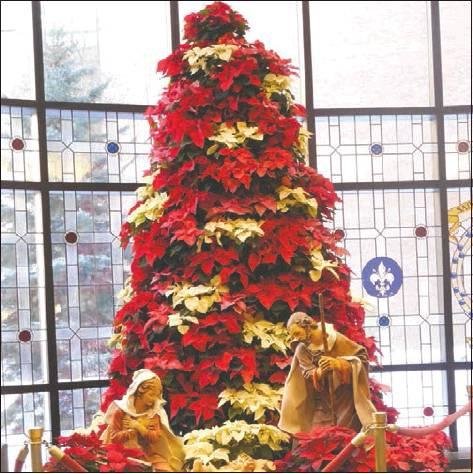Christmas traditions along the Carolina frontier
Christmas is almost upon us, but it seems more subdued this year than in years past. The biggest difference is the ever-increasing traffic in our communities.
Music or caroling were not often …
This item is available in full to subscribers.
Subscribe to continue reading. Already a subscriber? Sign in
Get 50% of all subscriptions for a limited time. Subscribe today.
Please log in to continueNeed an account?
|
Christmas traditions along the Carolina frontier
Christmas is almost upon us, but it seems more subdued this year than in years past. The biggest difference is the ever-increasing traffic in our communities.
Music or caroling were not often heard at settlements along the Saluda River in times past. Whether in song or instrument music brought peace to the troubled brow. We could all use more peace in our lives at any time of the year, but especially at Christmastime.
The Rev. Godfrey Dreher was one of the first to add music to our local Lutheran churches. His piano can be seen at the Lexington County Museum. I hope some of you came to open house last week at the museum on Fox Street. You may have seen the good reverend’s piano.
Clemson University Extension Cooperative Service provides training guides for leadership clubs for our families and communities statewide. One of these is the Songs of Christmas.
I thought you may enjoy what Clemson has to say about Christmas carols.
“The original meaning of carol is a circle dance with singing, often used at pagan celebrations during the Winter Solstice event around December 22. Gradually, such singing became known as an expression of joy.
“In 1223 St. Francis of Assisi introduced carols to the Christmas Mass and the long history of Christmas carols began. During the Reformation, the popularity of carols faded and many classic songs faded from memory. Some were lost forever.”
Some years later in 1745 England it was believed carols contained coded messages written within them. Adeste Fideles may have served as a rallying call for British Roman Catholics exiled in France during the Jacobite Rebellion.
The Twelve Days of Christmas is also thought to serve such function. Legend tells us the song was written during a time when Catholicism was suppressed. It was meant to help Catholic children learn about the Roman Catholic faith.
Other items that may interest you







Comments
No comments on this item Please log in to comment by clicking here